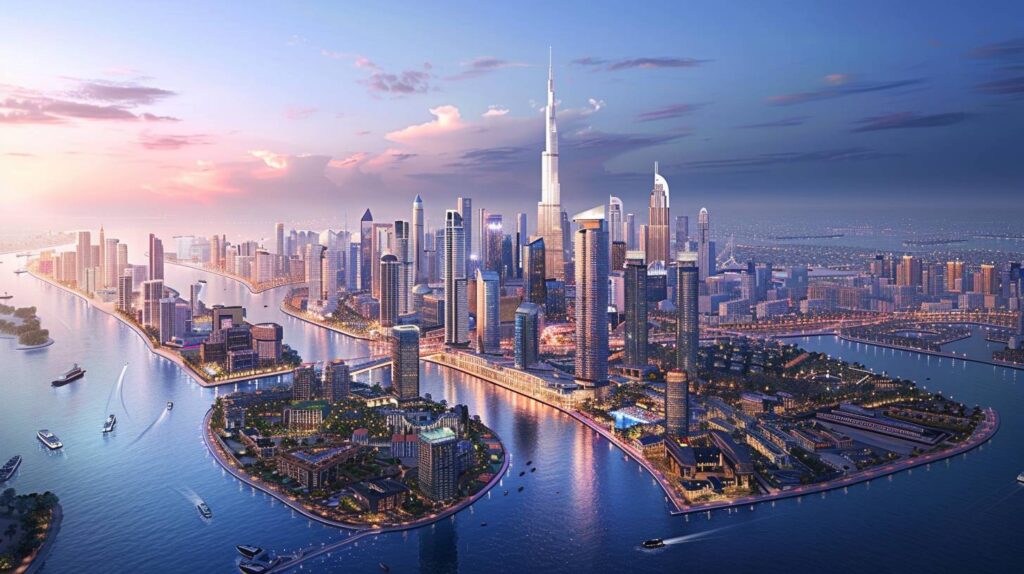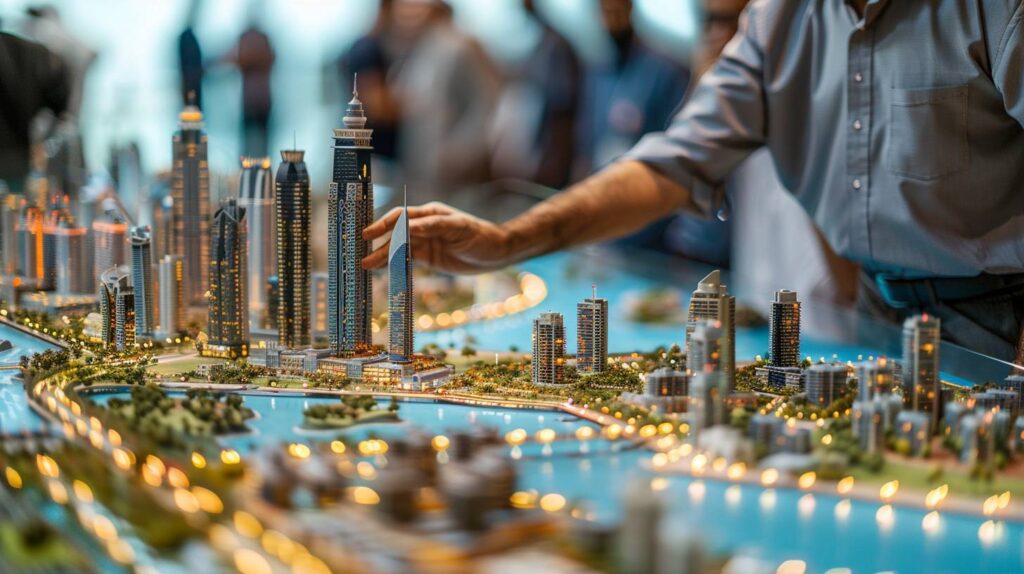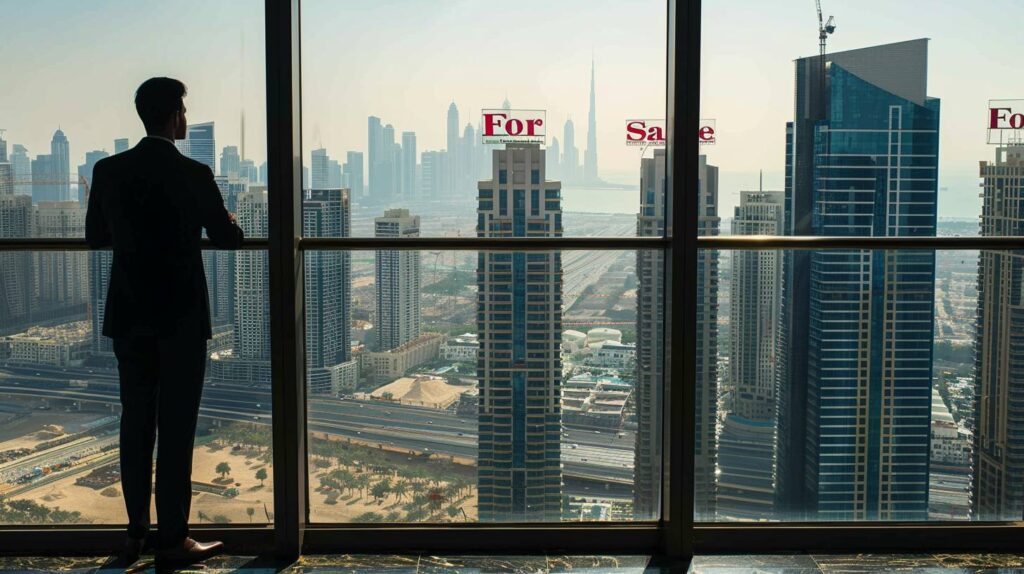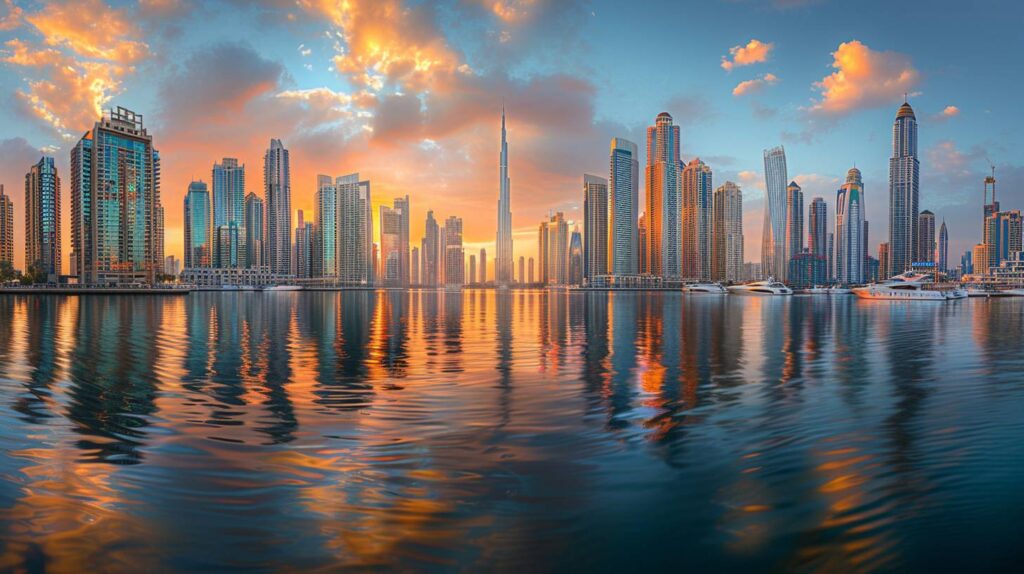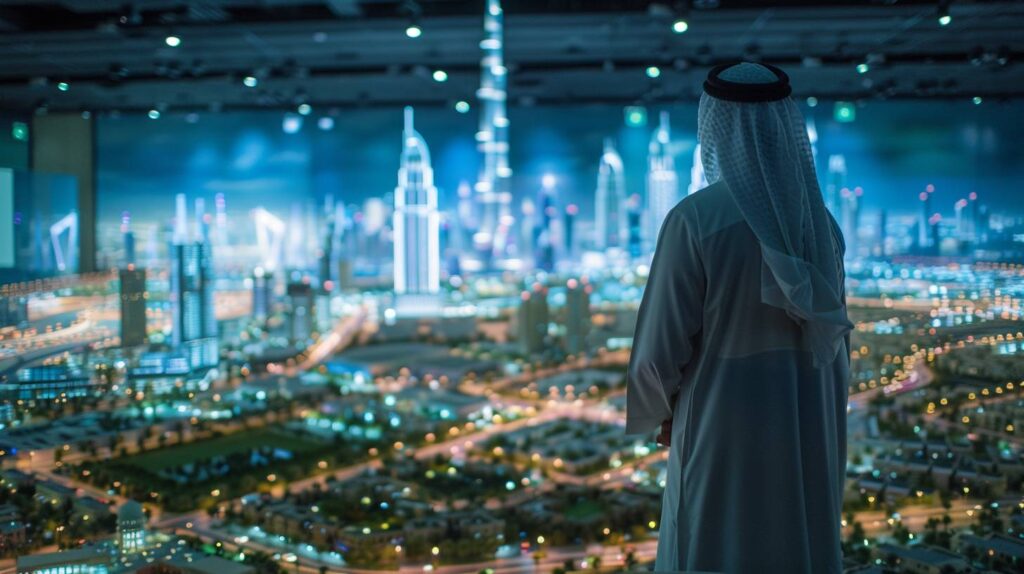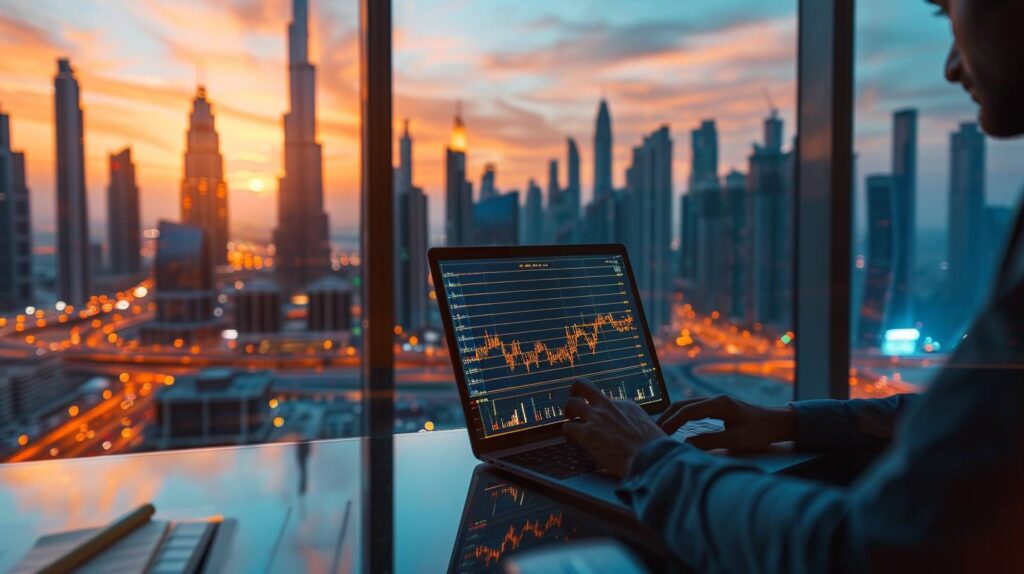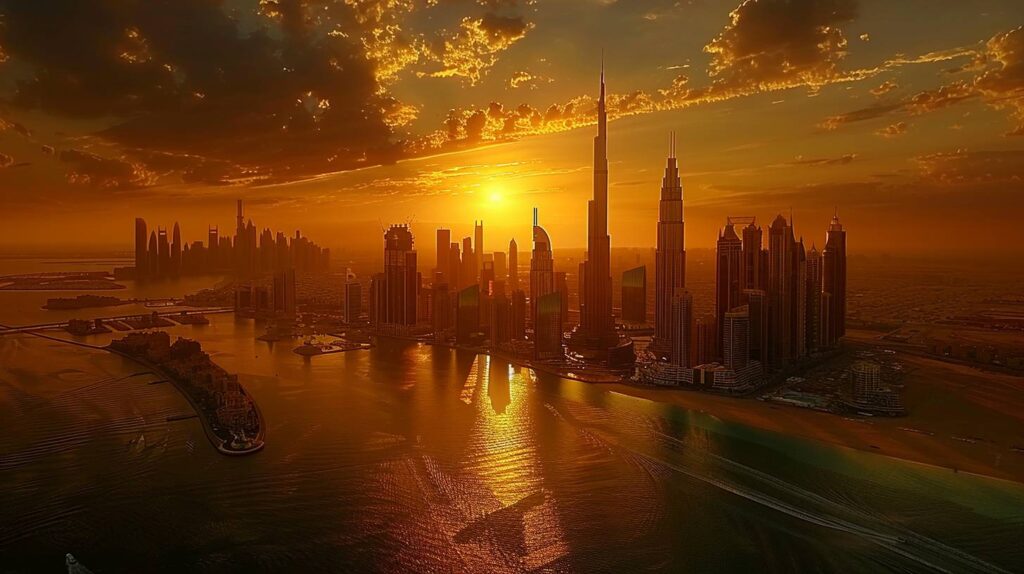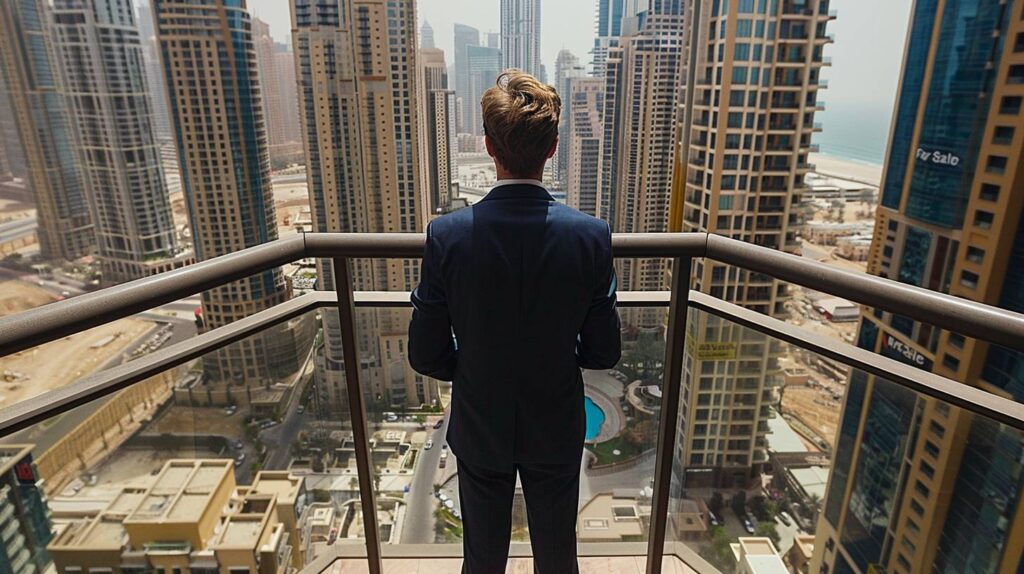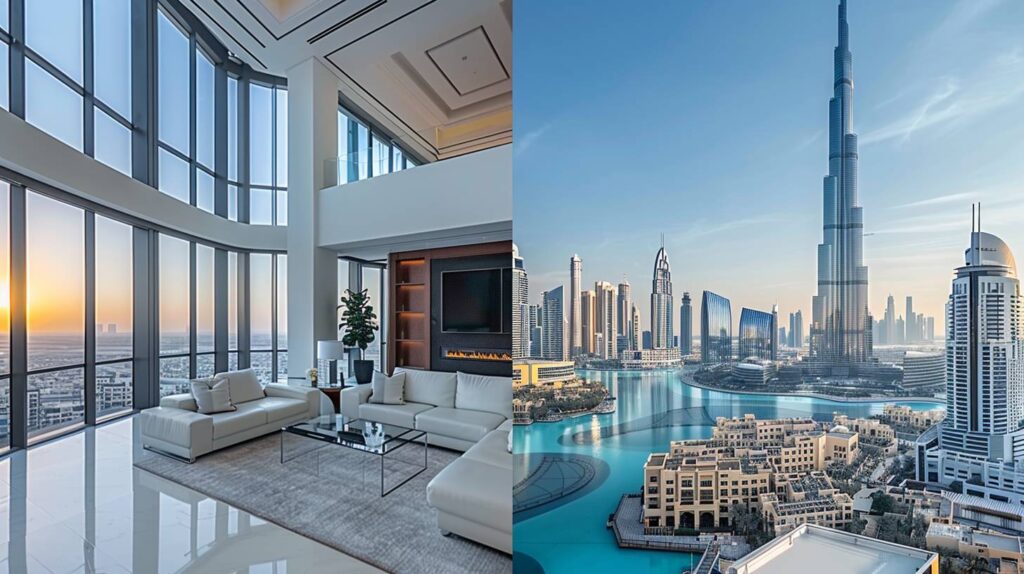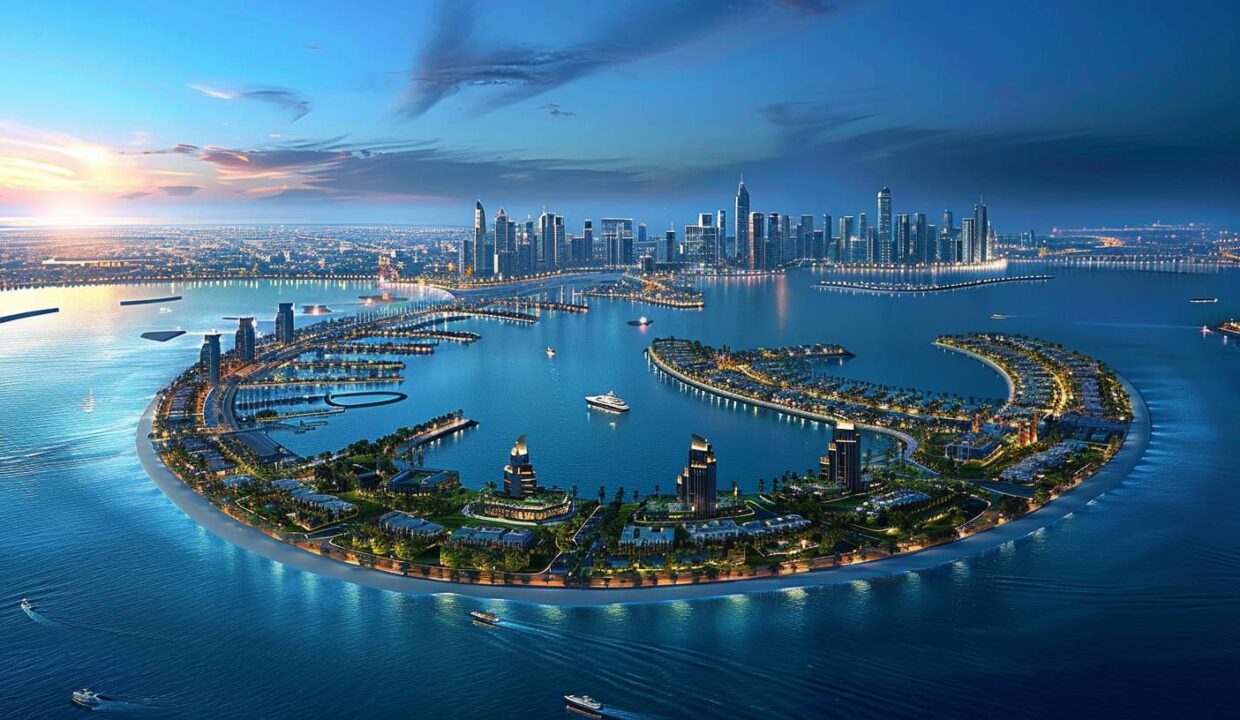
Thinking of investing in Dubai property but unsure if it’s the right move? You’re not alone—many investors are drawn to high rental yields, tax-free income, and a thriving real estate market. However, with market fluctuations and potential risks, making a smart investment requires careful planning.
As you explore this opportunity, we’re here to guide you through the key factors that determine whether Dubai property is a good investment. With our expertise, you’ll gain insights into market stability, growth potential, and risk management. In this article, we’ll cover:
- The pros and cons of investing in Dubai real estate
- Market trends and key factors influencing success
- Strategies to maximize your investment
By the end, you’ll have a clear strategy to make informed investment decisions, ensuring long-term success in Dubai’s dynamic property market!
1. Is Dubai Property a Good Investment? Here’s What You Need to Know
Dubai has become a global hotspot for real estate investment, attracting investors from all corners of the world due to its impressive growth, world-class infrastructure, and favorable tax environment. The city’s status as a business and tourism hub has created strong demand for residential and commercial properties.
Additionally, the absence of property taxes and capital gains taxes makes Dubai an appealing choice for investors looking for tax-efficient returns. With continued government investment in projects like the Expo 2020 and the Dubai 2040 Urban Master Plan, the city’s real estate sector looks poised for long-term growth, making it an attractive option for those looking to diversify their investment portfolios.
However, despite these advantages, investing in Dubai property is not without risks. The market can be volatile, with cyclical price fluctuations driven by factors like oil prices, global economic conditions, and political stability. While the city offers high rental yields compared to many Western markets, there is also the risk of oversupply in certain segments, particularly in luxury properties.
Investors must carefully research locations, property types, and market trends to ensure they are making sound investment decisions. Understanding these key risks and the cyclical nature of the market is crucial for anyone considering investing in Dubai real estate.
See Also Selling Property in Dubai
2. Dubai Real Estate: A Smart Investment or a Risky Gamble?
The question on every potential investor’s mind is whether Dubai real estate represents a smart investment or a risky gamble. Let’s break it down.
Smart Investment Potential
Dubai’s economy is heavily focused on tourism, international business, and finance, all of which drive the demand for real estate. In addition to its position as a business hub, the city is continually evolving, with new projects and attractions that ensure it remains a global destination.
These factors often contribute to stable, long-term property value appreciation.
The Risks Involved
However, the market is not without its risks. Overbuilding, changes in global economic trends, and fluctuations in oil prices can create volatility. The property market has historically experienced boom-and-bust cycles, which make it essential for investors to carefully weigh the risk and reward.
3. Investing in Dubai Property: Pros, Cons, and Key Insights
To better understand whether Dubai property is worth the investment, let’s delve into the advantages and disadvantages, based on two key factors: market stability and growth potential.
The Pros of Dubai Property Investment
- High Rental Yields
Dubai offers investors some of the highest rental yields in the world, often higher than those in major cities like New York or London. This is especially appealing for those looking for an income-generating investment. - No Taxes on Property or Rental Income
One of the most attractive features of investing in Dubai real estate is the absence of property taxes or capital gains taxes. This makes Dubai an excellent option for investors seeking to keep more of their profits. - A Growing International Presence
With increasing foreign investments and international buyers, Dubai’s real estate market is globally connected. Foreign investors can take advantage of increasing demand, especially in luxury properties.
The Cons of Dubai Property Investment
- Market Volatility
As mentioned, Dubai’s property market can be volatile. Economic slowdowns, regional instability, and oversupply can all negatively impact property values and rental yields. - High Initial Investment
Properties in prime locations, particularly luxury real estate, often come with high entry costs. This can be a barrier for some investors, especially those looking for smaller investments. - Oversupply in Certain Segments
Dubai has seen periods of overbuilding in certain property segments, particularly luxury apartments. This can lead to price corrections and reduced rental demand in oversupplied areas.
4. Dubai Property Market: Is It Worth Your Investment?
The two key factors in determining whether Dubai property is worth your investment are market stability and growth potential. Let’s take a closer look at each.
Market Stability
Dubai’s property market can be cyclical, with rapid growth followed by slowdowns. However, the city has a robust economy and strong government initiatives that help stabilize the market over the long term.
The introduction of new regulations, such as the long-term visa for investors, has also provided a sense of security to foreign buyers, enhancing market confidence.
Growth Potential
In terms of growth, Dubai continues to evolve as an international business hub. With key infrastructural projects underway, such as Dubai Creek Harbour and new residential developments, the potential for property value increases remains strong.
The government’s strategic plans for the future, including the Dubai 2040 Urban Master Plan, further solidify Dubai’s status as a growing global city.
5. The Truth About Investing in Dubai Real Estate
When it comes to the truth about investing in Dubai real estate, it’s essential to keep two key factors in mind:
Factor 1: Market Cycles and Timing
Investors should understand that Dubai’s real estate market operates in cycles, with periods of rapid appreciation followed by slowdowns or price corrections. Timing plays a significant role in the success of a property investment.
While it’s possible to profit during a boom, there’s also the risk of holding onto a property during a market downturn.
Factor 2: Location and Property Type
Another crucial factor is choosing the right location and property type. The most stable and profitable properties are usually found in prime areas such as Downtown Dubai, Palm Jumeirah, and Dubai Marina.
The type of property—whether commercial, residential, or luxury—can also make a huge difference in terms of potential returns.
Is Dubai Property a Good Investment? A Recap
Dubai’s real estate market offers lucrative investment opportunities, driven by high rental yields, a tax-free environment, and continuous economic growth. The city’s strategic location, world-class infrastructure, and investor-friendly policies make it an attractive option for both local and international buyers.
However, like any investment, Dubai property comes with risks, including market volatility, potential oversupply, and fluctuating property values. The key to a successful investment lies in understanding these factors, choosing the right location, and aligning the investment with long-term financial goals.
If you’re considering investing in Dubai property, make sure to stay informed about the latest market trends and best investment strategies.
We invite you to explore our other articles, where we provide expert insights, practical tips, and detailed guides to help you make smart real estate decisions in Dubai. Whether you’re a first-time buyer or an experienced investor, our resources can help you navigate the Dubai property market with confidence.
FAQ
Is buying property in Dubai a profitable investment?
Yes, Dubai offers high rental yields, a tax-free environment, and strong capital appreciation potential in prime locations. However, success depends on factors like market trends, location, and investment strategy.
What are the risks of investing in Dubai real estate?
While Dubai’s property market is attractive, risks include market volatility, oversupply in certain segments, and economic fluctuations. Thorough research and choosing the right property type can help mitigate these risks.



